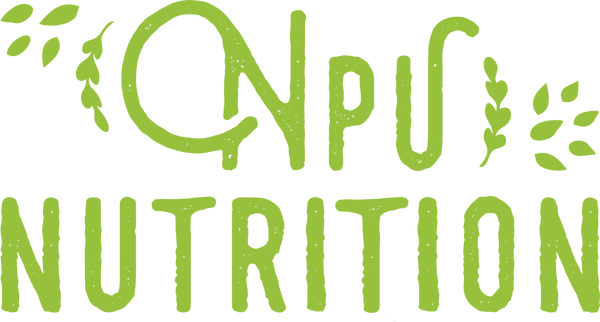It doesn't matter if you're a seasoned gardener or just getting into growing your own food: what you plant and eat has an impact on your gut. So if your goal is better gut health, what exactly should you grow? You've come to the right place. Here are some of the best garden-friendly fruits and vegetables to help maximize your microbiome.
- Kale: Kale is a fantastic addition to your gut-friendly garden for two reasons. First, it's ridiculously easy to grow. Trust us: all you need is a couple of seedlings and some sunlight and you'll soon find yourself with more kale than you know what to do with. Second, it's a great source of sulfoquinovose, a compound shown to increase the production of healthy gut bacteria. And as an added bonus, kale is much easier to work into your diet than you may think. Just throw some in your favorite smoothie (with a scoop of beet powder or super greens) and you're good to go.
- Beets: We love beets in all forms, not just powder. They're full of fiber and anti-inflammatory betalains, they're super easy to grow, and as much as we like to rag on borscht they're incredibly delicious prepared in many different ways. Beets are easy to grow and keep well over the fall and winter in a cool dry space.
- Fennel: Fennel may not be the most popular vegetable on the block, but it has massive benefits for you and your gut. Besides being full of fiber, fennel contains compounds that help reduce inflammation in your digestive tract. This reduces your risk of gas, bloating, constipation, and other digestive complaints. Fennel has a unique, licorice-like flavor and goes great in soups and stir frys. It tolerates cool weather well, so plant right after the risk of frost for an early summer harvest.
- Garlic: Garlic is absolutely full of prebiotic fiber. This feeds the beneficial bacteria in your gut, leaving less food and space for harmful species. It's also easy to grow if you're willing to think ahead. Plant in the fall about six weeks before the ground freezes to have a great crop the following summer.
- Cabbage: Cabbage on its own certainly isn't bad for your gut. It's full of fiber, which helps keep your digestion moving as it should. But the main reason we love growing cabbage for gut health has to do with what happens after it's grown. It's the base ingredient for kimchi and sauerkraut, two fermented foods that boost the growth of beneficial bacteria. Choose a cabbage variety that corresponds with the type of finished food you want (napa cabbage for kimchi, green cabbage for sauerkraut) and go from there.
Happy planting!

